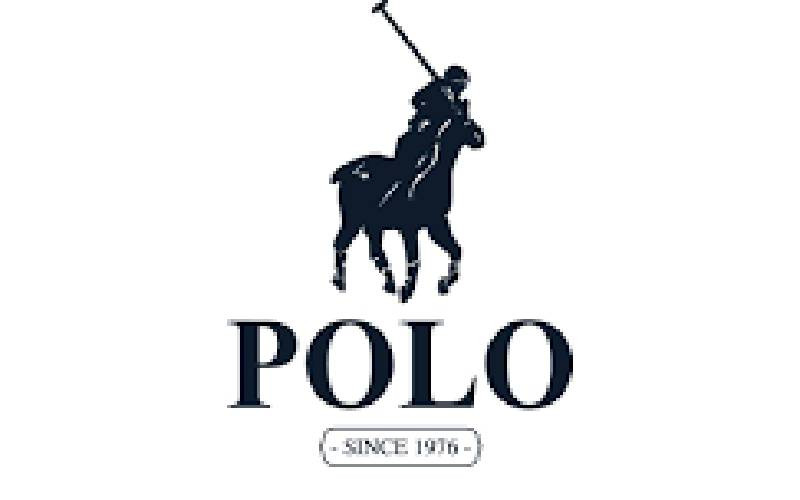
Polo and Pony are two words associated with the wealthy and oligarchs. Years back, the label of an equestrian riding with a stick to hit a ball would not have been a problem as the bourgeois would either walk into a 'who is who' shop and order a polo T-shirt or polo perfume.
Others who could afford a plane ticket would fly to watch polo with tinted sunglasses from a private club in Beverly Hills, US, or the Netherlands, and then purchase a handbag with the label of a polo player seated on a horse with a raised mallet at play to carry a watch, a cap, T-shirt, shoe, designer perfume from the brand as trophies from the sport.